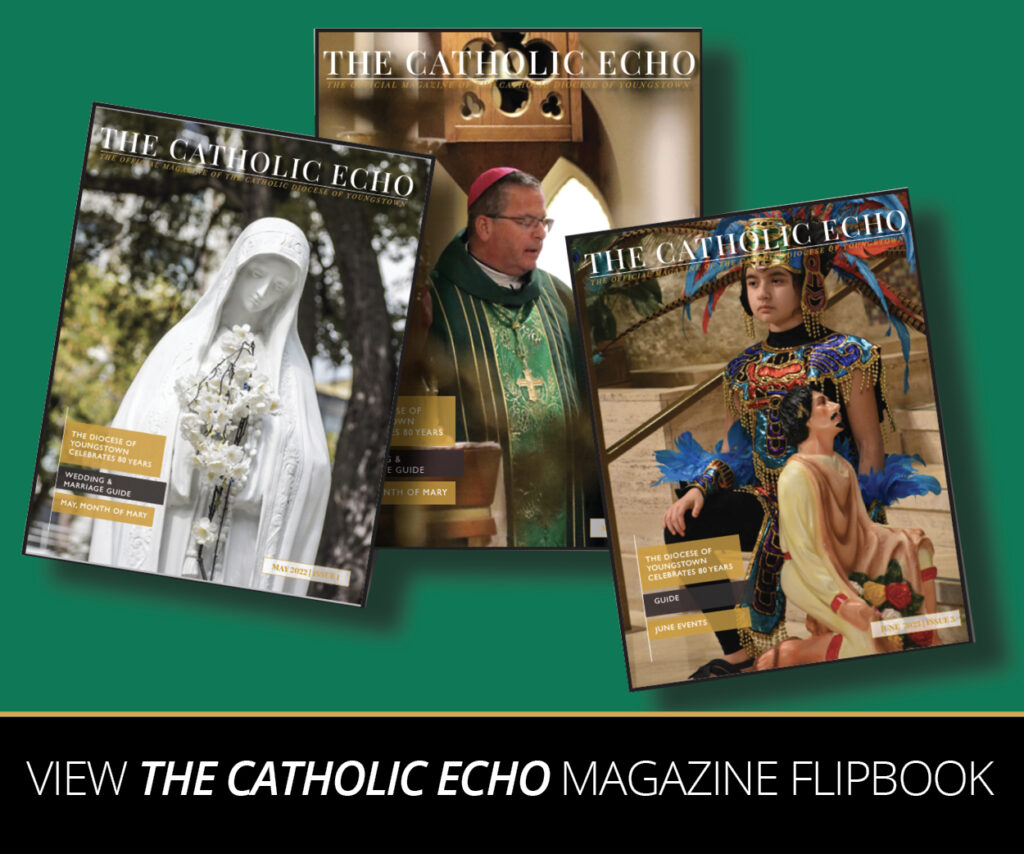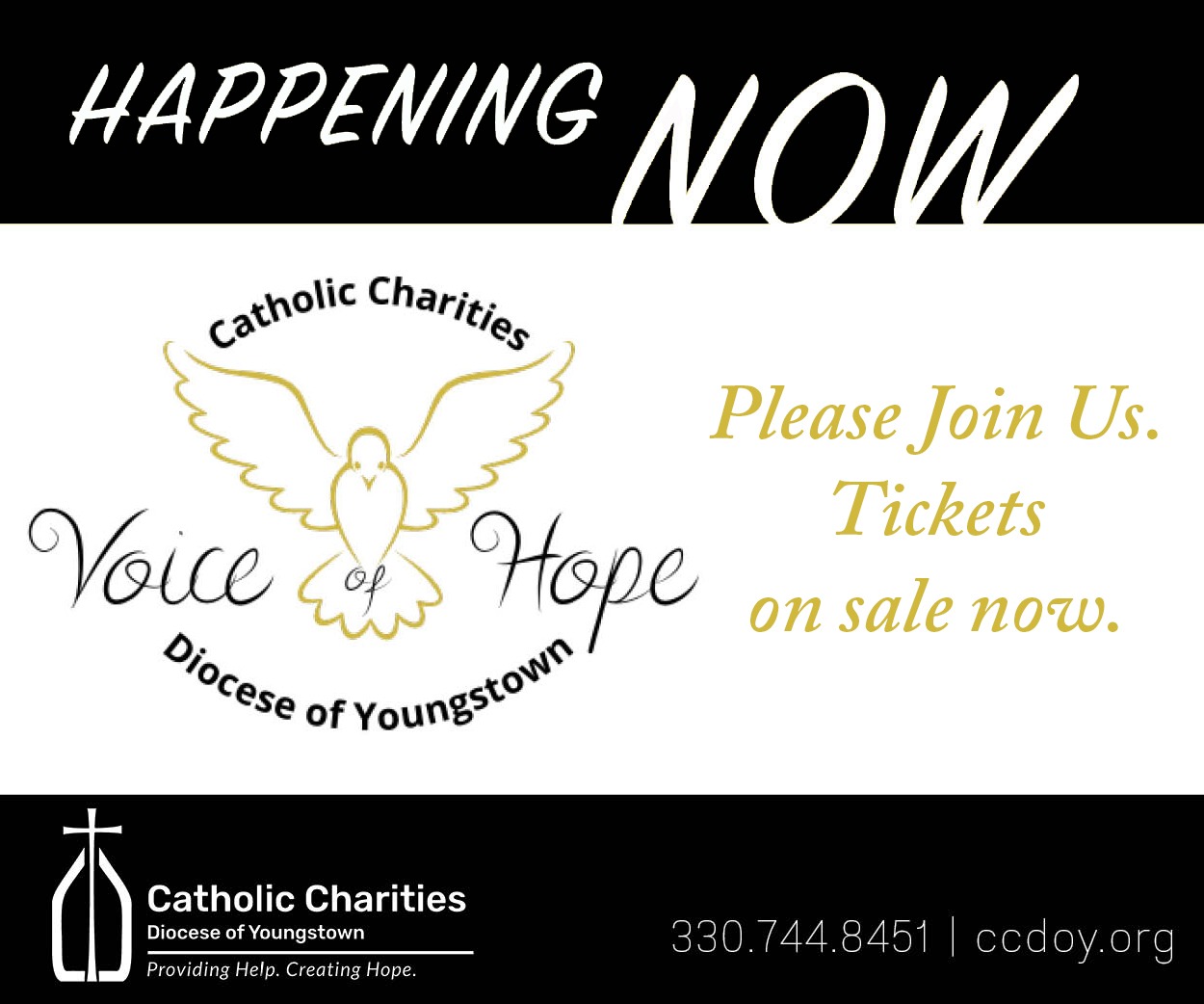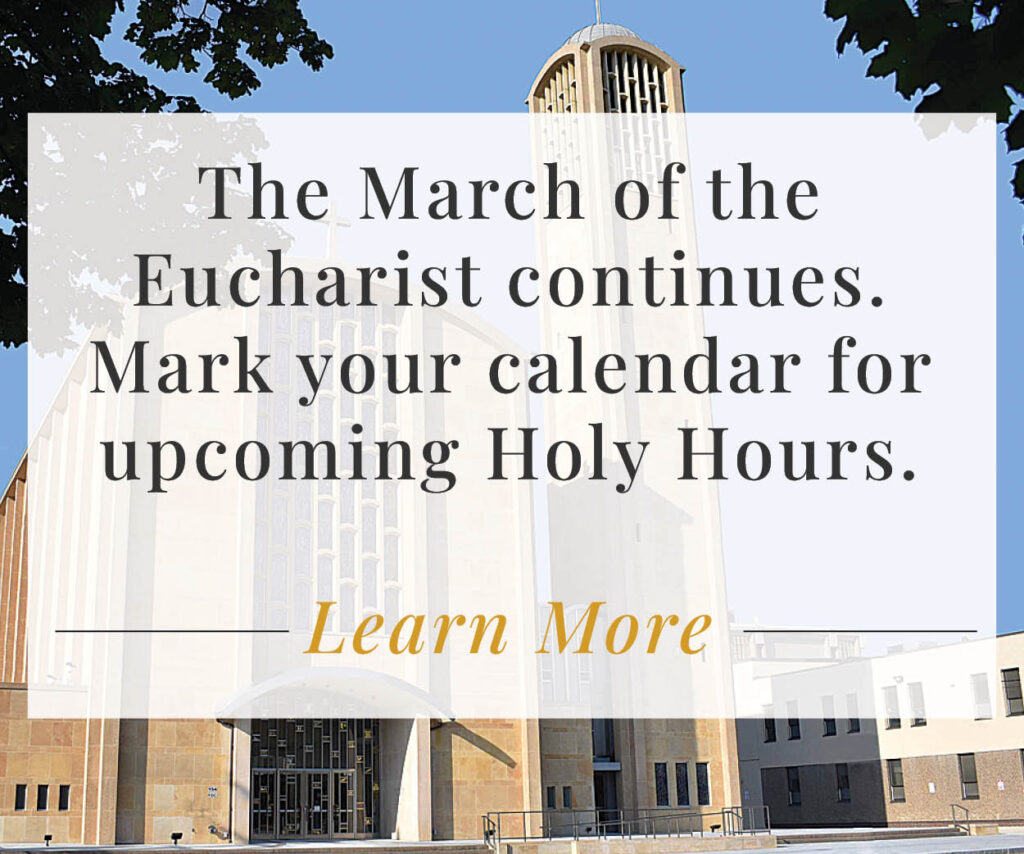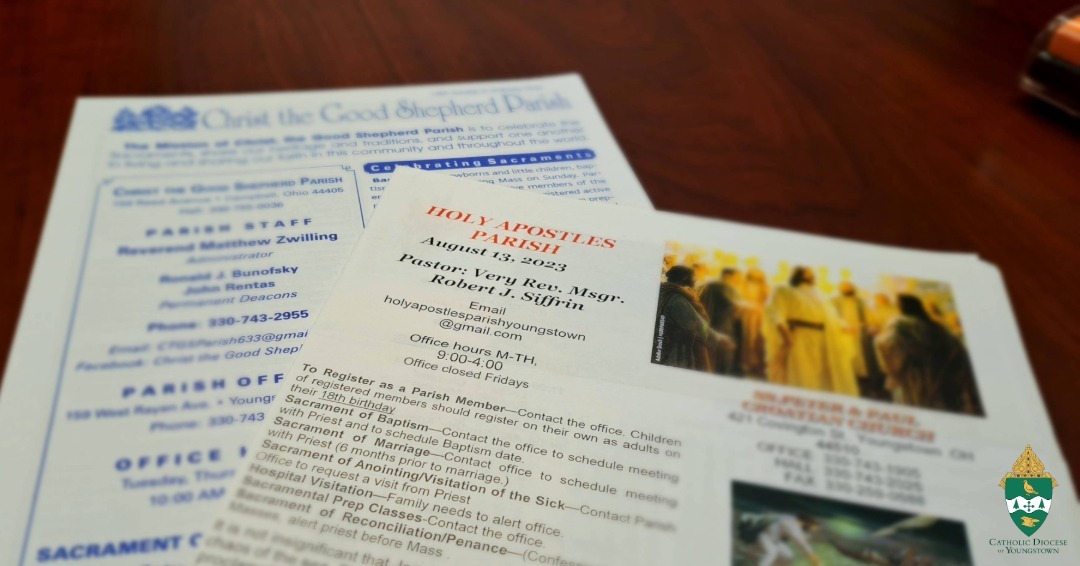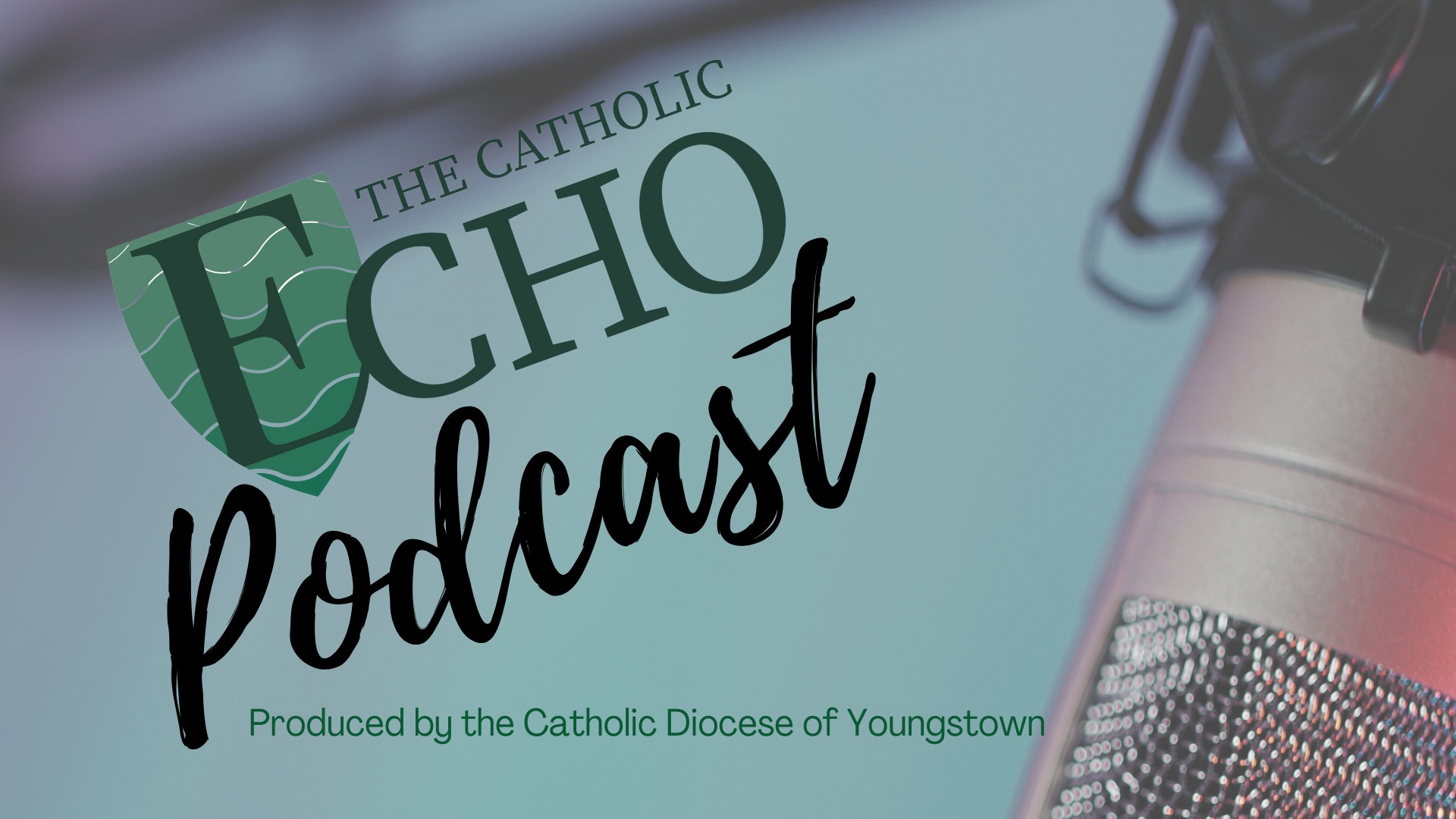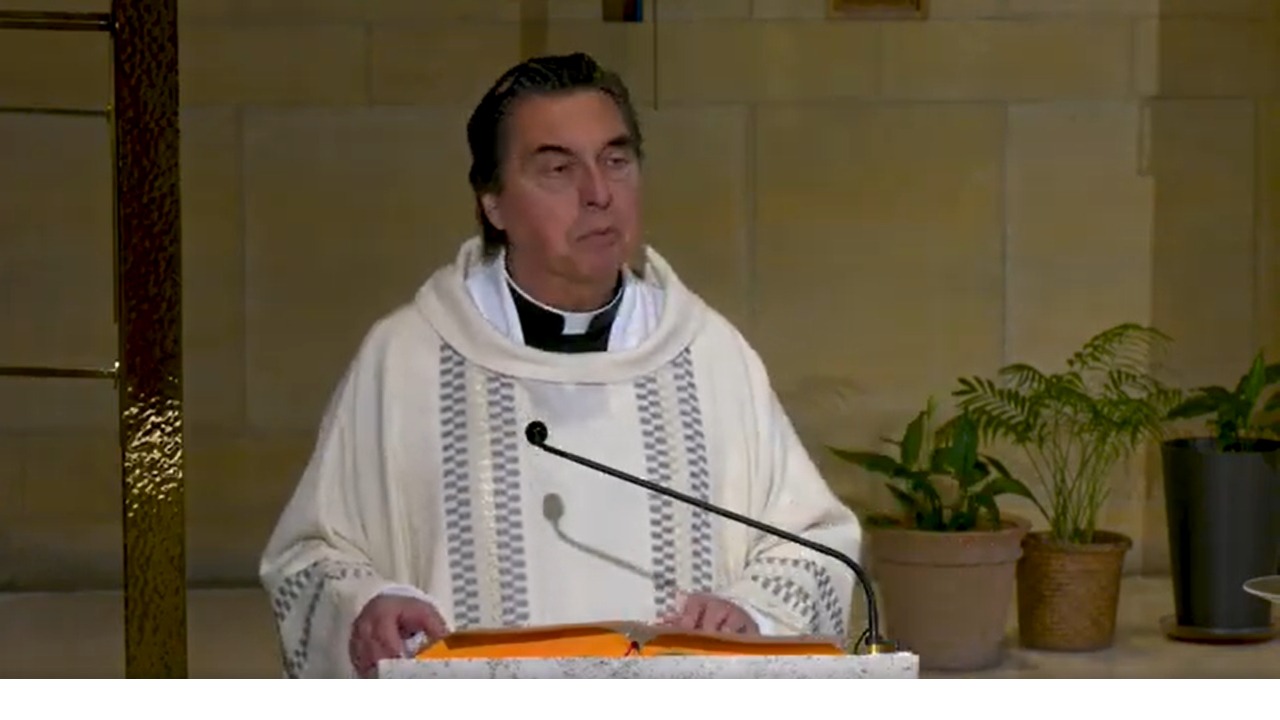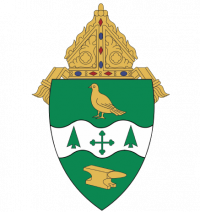A Look at the Permanent Diaconate
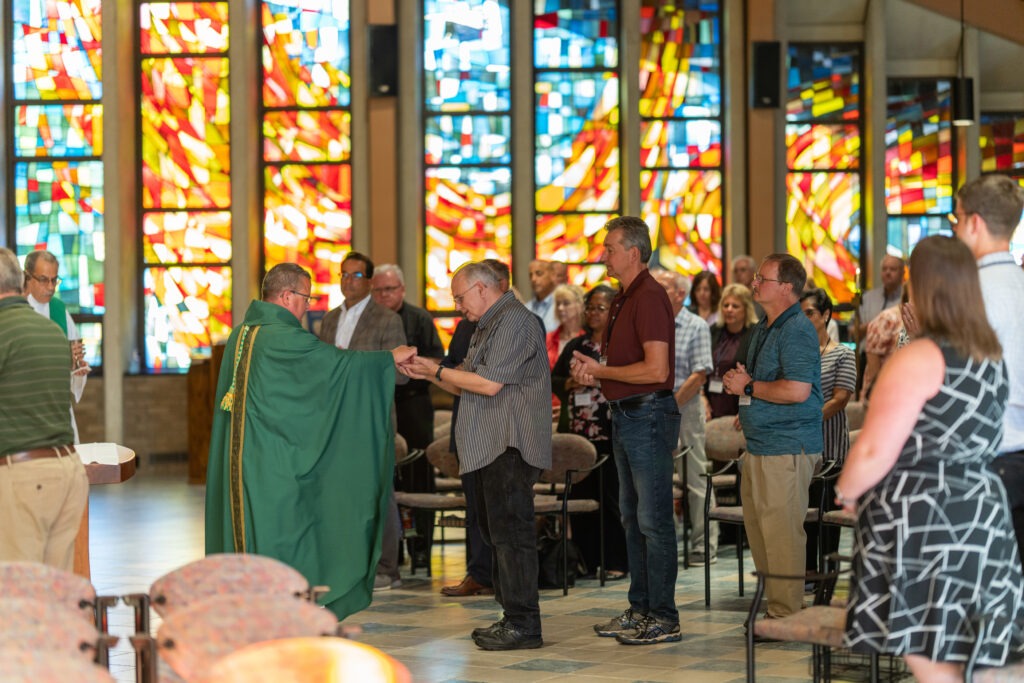
Shortly after my ordination to the permanent diaconate in December 1989, one of my sons came home from school with a question for me: The kids in his class wanted to know why I was wearing a “dress” at Mass. This was only the first of many misunderstandings about the diaconate I encountered during those early years.
I have been referred to as a “mini-priest,” “Father’s substitute,” a “priest wanna-be” and a “glorified altar server.” Hopefully, now that the permanent diaconate has served for 46 years in the diocese, these misunderstandings have been corrected. But I wonder how many still question what we do? Parishioners see us ministering at the altar, or perhaps preparing couples for marriage or families for baptisms—or participating in many other public ministries. So it would be easy to assume that being a deacon is about what we do for the Church. But being a deacon is more about who we are and whose we are, rather than what we do.
After Vatican II, Saint Pope Paul VI formally implemented the restoration of the permanent diaconate for the countries that requested it. In the United States, the National Conference of Catholic Bishops petitioned the Holy See for permanent deacons in order to complete the hierarchy of sacred orders and to enrich and strengthen the various diaconal ministries at work in the United States with the sacramental grace of the diaconate. This request of the conference was approved on August 30, 1968.
In 1973 in the Diocese of Youngstown, the Pastoral Council and the Senate of Priests formally recommended to Bishop James Malone that a program for permanent deacons be established in the diocese, with formation beginning in 1975. The first class of permanent deacons for the diocese was ordained on August 20, 1977.
From the beginning, there was confusion about our role and ministry, especially given that deacons receive the sacrament of Holy Orders, similar to Bishops and priests. This sacrament marks deacons “with an imprint which cannot be removed and which configures them to Christ, who made himself the ‘deacon’ or ‘servant of all’” (Catechism of the Catholic Church, no. 1570). It establishes the deacon as a sacred minister and a member of the hierarchy, with a distinct identity and integrity in the Church that marks him as neither a lay person nor a priest. “The principle function of the deacon, therefore, is to collaborate with the Bishop and the priests in the exercise of a ministry, which is not of their own wisdom but of the word of God, calling all to conversion and holiness” (National Directory for the Formation, Ministry and Life of Permanent Deacons in the United States, #30).
Permanent deacons take as their model Christ the Servant, who saw and answered the needs of all the people of God. In order to fulfill this role, we serve in the Church’s mission of spreading the Good News in three distinct ways.
The Church’s Ministry of the Word: Evangelizer and Teacher
In the Liturgy of the Word, especially at Mass or in those liturgies where he is the presiding minister, the deacon proclaims the Gospel by virtue of ordination and in accord with the requirements of Canon 764 of the Code of Canon Law. Other forms of this function in the ministry of the word include catechetical instruction, religious formation of candidates and of families preparing for the reception of the sacraments, leadership roles in retreats, evangelization and renewal programs, outreach to alienated Catholics and counseling and spiritual direction to the extent that a deacon is properly trained (National Directory, #31).
The Church’s Ministry of Liturgy: Sanctifier
In the context of the Church’s public worship, the ministry of the deacon in the threefold diakonia of the word, liturgy and charity is uniquely concentrated and integrated. At the celebration of the Eucharist, the deacon participates in specific penitential rites as designated in the Sacramentary. He properly proclaims the Gospel. He may preach the homily in accord with the provisions of canon law. He voices the needs of the people in the General Intercessions—needs with which he should have a particular and personal familiarity from the circumstances of his ministry of charity. The deacon assists the presider and other ministers in accepting the offerings of the people, symbolic of his traditional role in receiving and distributing the resources of the community among those in need, and he helps prepare the gifts for sacrifice. During the celebration, he helps the faithful participate more fully in the fruits of Christ’s sacrifice, he can extend the invitation of peace, and he serves as an ordinary minister of communion. Finally, he dismisses the community at the end of the Eucharistic liturgy.
Other liturgical roles for which the deacon is authorized include those of solemnly baptizing, witnessing marriages, bringing viaticum (Communion) to the dying, presiding over funerals and burials and presiding at the Liturgies of the Word with Communion services in the absence of a priest. He may officiate at celebrations of the Liturgy of the Hours and at Exposition and Benediction of the Blessed Sacrament. He can conduct public rites of blessing, offer prayer services for the sick and dying and administer the Church’s sacramentals, as designated in the Book of Blessings (National Directory, #37).
The Church’s Ministry of Charity and Justice: Witness and Guide
This is perhaps the least visible element of our three-fold ministry. Our service in the Church’s ministry of word and liturgy would be severely deficient if our exemplary witness and assistance in the Church’s ministry of charity and justice do not accompany our mission. The ministry of the word leads to ministry at the altar, which in turn prompts the transformation of life by the liturgy, resulting in charity.
The service of charity is twofold, ministering to both the spiritual and physical needs of others. In a world hungry and thirsty for convincing signs of the compassion and liberating love of God, the deacon sacramentalizes the mission of the Church in his words and deeds, responding to the Master’s command of service and providing real-life examples of how to carry it out (National Directory, #40).
However, for permanent deacons there is to be an intrinsic unity in our ministry. The National Directory (#41) states, “Therefore, the diaconal ministries, distinguished above, are not to be separated; the deacon is ordained for all, and no one should be ordained who is not prepared to undertake each in some way.”
After almost 30 years of service in the diaconate, people ask me if I would do it all over again. Without missing a beat, I always answer, “Definitely!” It has not always been easy. Getting involved in the lives of others never is. There are times of weeping and laughing, of seeking and losing, of mourning and dancing. But I always remember that I save no one and that is not my purpose; I’m simply here to help others on their journey.
Who are we? Permanent deacons are servants to all in need—both in our parish, the diocese, the Church at large and to all God’s children. As to whose we are, along with all the baptized, we are children of God. All of us have been given gifts to use for the benefit of all humankind—some to preach, to teach, to heal, etc. By virtue of ordination, though, we have made a public and lifelong declaration of service. Through our involvement in both the secular world (many deacons have jobs in the lay world, having to provide for home and family) and ecclesial world (living publicly this life of service to which God calls all), we pray that our humble efforts lead others to live as the children of God we are all called to be.
